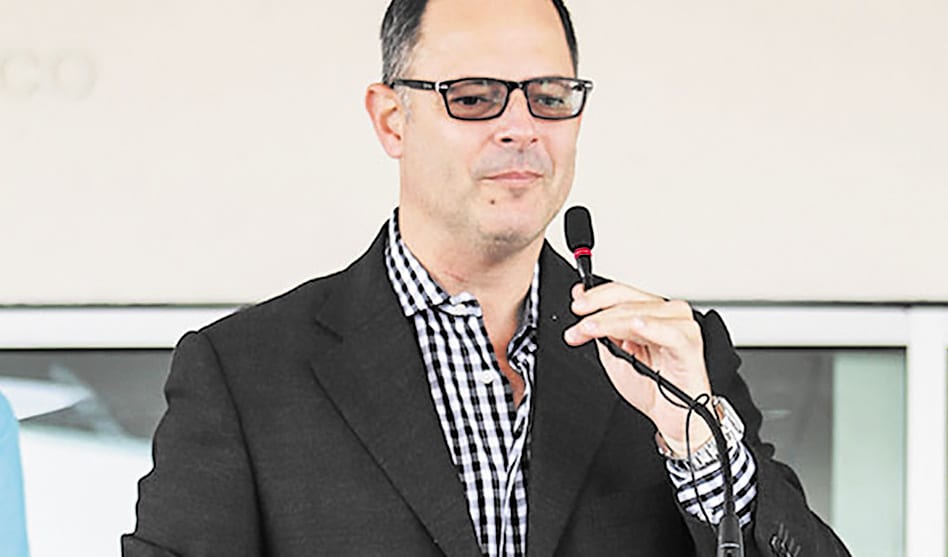Resource Center enlists Rep. Anchia’s help to get TDI to require PrEP prescriptions be filled like all others
DAVID TAFFET | Senior Staff Writer
taffet@dallasvoice.com
Blue Cross requires its insured customers to order Truvada through its drug service, using the mail rather than picking it up at a local pharmacy. United Healthcare has been accused of refusing to cover the drug at all for some customers.
Truvada has become the most common medication prescribed to people with HIV because of its success in keeping viral load counts undetectable with minimal side effects.
But the drug has also been found effective in preventing transmission of the virus in more than 90 percent of cases of people taking it as pre-exposure prophylaxis, the transmission prevention method better known as PrEP.
Because of the high cost of the drug, insurance companies are balking about covering Truvada, especially as a means of preventing HIV infections. According to Resource Center Communications and Advocacy Manager Rafael McDonnell, his agency has also heard of one case of United Healthcare refusing to pay for Truvada for a client who is HIV-positive.
Since Resource Center opened its PrEP clinic earlier this year, McDonnell said they have placed more than 150 people on the preventive therapy. The clinic is run at the Nelson-Tebedo Clinic on Cedar Springs Road. A contract doctor sees people Tuesday and Thursday afternoons and a nurse practitioner is available for clients on Saturdays.

Rafael-McDonnel
“We knew there would be demand,” McDonnell said, adding that the agency is evaluating if it can see more people in an effort to meet actual demand for the PrEP treatment.
In most cases, insurance covers Truvada. But the co-pay for the drug is high, so Gilead, the company that makes Truvada, runs an assistance program to partially cover the co-pay and to cover the cost for people without insurance.
McDonnell said that while he hasn’t heard of Blue Cross refusing to cover Truvada, clients have told him they must order it through the mail, and they’re not eligible for a refill until the 90th day of their 90-day prescription. That means that they will go for several days or a week without the medication.
But Truvada is only indicated for daily use, and lapses in treatment — in other words, missing scheduled doses — can affect the drug’s efficacy, both as a treatment for those who are HIV-positive and as a method of preventing infection.
Trials have been conducted to see if a lower dose of Truvada may be used for PrEP or if someone with HIV who is undetectable may skip the medication one or more days a week or month. Those trials are ongoing and doctors may not prescribe lower than daily dosage.
McDonnell contacted state Rep. Rafael Anchia’s office to help with breaking through the roadblocks to access to Truvada some insurance companies have created. McDonnell said he asked that Anchia’s office encourage insurance providers “to fill PrEP like all other prescriptions.”
Anchia’s legislative director, Abel Mulugheta, spoke to Carolina Name, a government relations specialist with the Texas Department of Insurance.
“TDI is taking a close look at the [independent review requests] received in the last six months from United Healthcare, Aetna, and Cigna,” Name wrote to Mulugheta.
Mulugheta passed along McDonnell’s plea: “Time is of the essence. Missing a dose of Truvada could lead to decreased protection in HIV-negative people and can potentially lead to medication resistance in HIV-positive people. The insurance companies’ capricious decisions jeopardize the general public health of Texans.”
TDI promised an update in January.
















